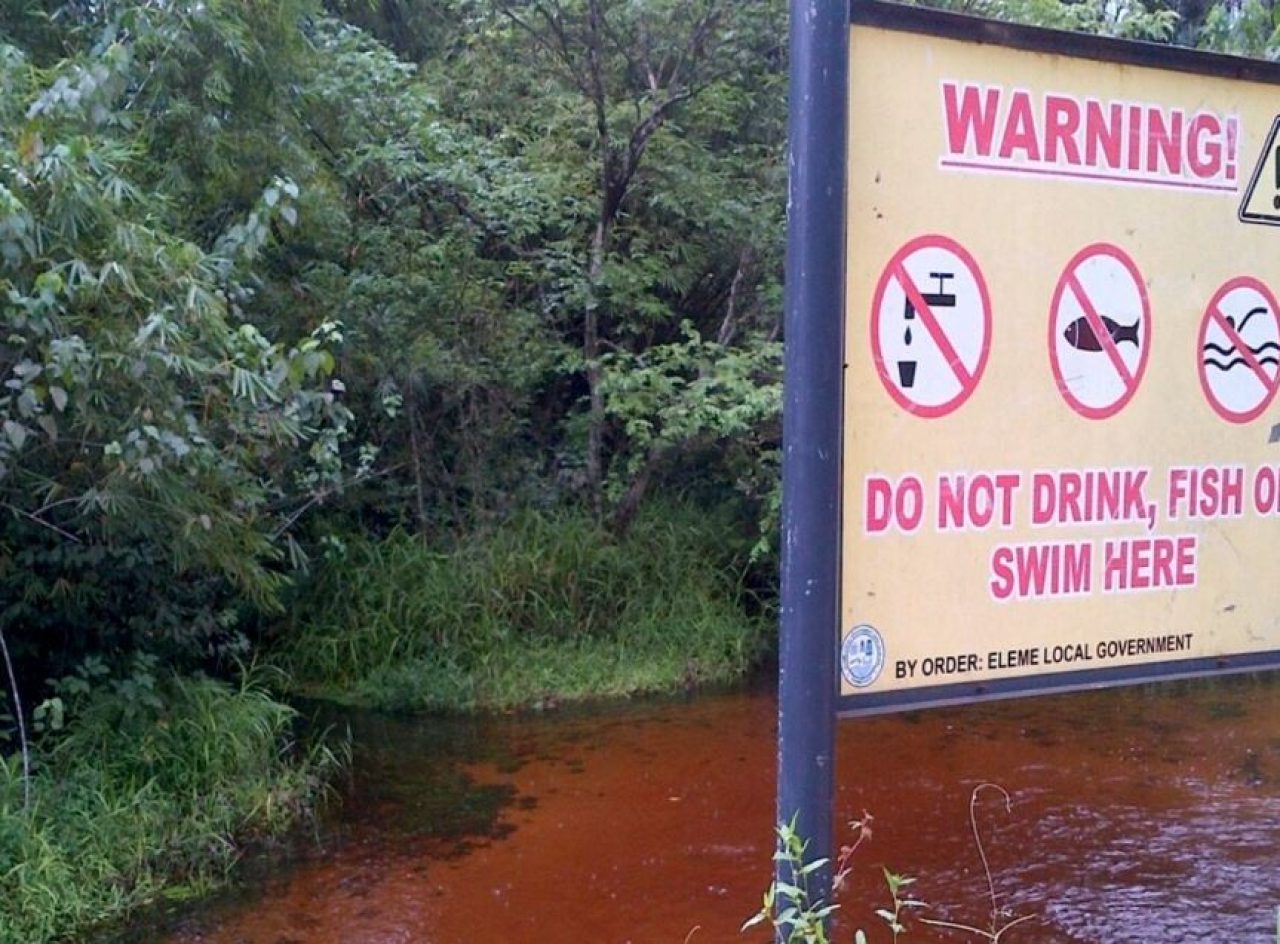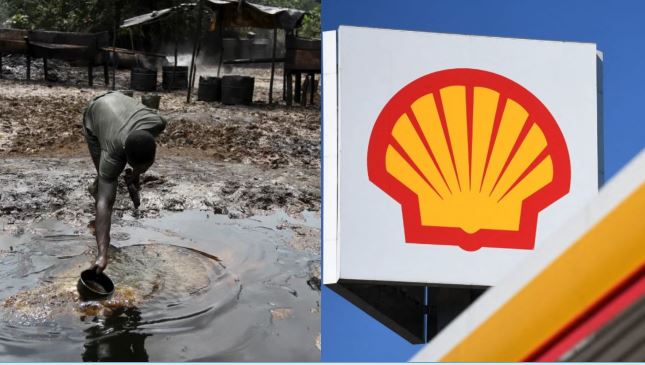At the London High Court, more than 11,000 Nigerians from the oil-producing Niger Delta have brought a claim for compensation against Shell.
The latest development in a case that will test whether multinational corporations may be held accountable for the acts of overseas subsidiaries is the lawsuit filed on Thursday by the UK law firm Leigh Day.
After years of oil leaks had damaged the land and groundwater, the UK Supreme Court permitted a group of 42,500 Nigerian farmers and fishermen to sue Shell in English courts in 2021.

One of the largest energy firms in the world, Shell, may be held accountable for the incident since it had major control over its Nigerian subsidiary SPDC, according to the judges at the time.
Leigh Day announced on Thursday that it had filed claims against Shell on behalf of 11,317 individuals and 17 organisations, including churches and schools, from the Ogale community in the Niger Delta for damages and compensation for lost livelihoods.
Leigh Day stated that the claim made by Ogale supplements one made by Bille community members in 2015. Now there are 13,652 villagers who are requesting compensation from Shell in total.
According to the allegations, Shell’s operations in the Niger Delta have caused oil leaks that have devastated farmland, poisoned drinking water, and impacted aquatic life. The region has a 41-year average life expectancy, which is 10 years less than the national average.
“The next stage in the case is for a case management hearing to be set in Spring 2023, ahead of the full trial which is likely to occur the following year,” Leigh Day said in a statement.
A Shell representative said that illegal third-party intervention, such as pipeline sabotage, was at blame for the majority of spills related to the Ogale and Bille claims, but added that SPDC will keep cleaning up the impacted regions.
“We believe litigation does little to address the real problem in the Niger Delta: oil spills due to crude oil theft, illegal refining and sabotage, with which SPDC is constantly faced and which cause the most environmental damage,” the spokesperson said.
In the Niger Delta, a large network of waterways and mangrove swamps connected by pipelines and plagued by poverty, pollution, and corruption fueled by oil, oil spills—occasionally caused by vandalism or corrosion—are frequent.
Nigeria’s National Oil Spill Detection and Response Agency (NOSDRA) reported a total of 822 oil spills in 2020 and 2021, amounting to 28,003 barrels of oil that were released into the environment.
Residents said that SPDC was responsible for the majority of them, while the business frequently attributed the leaks to sabotage.







